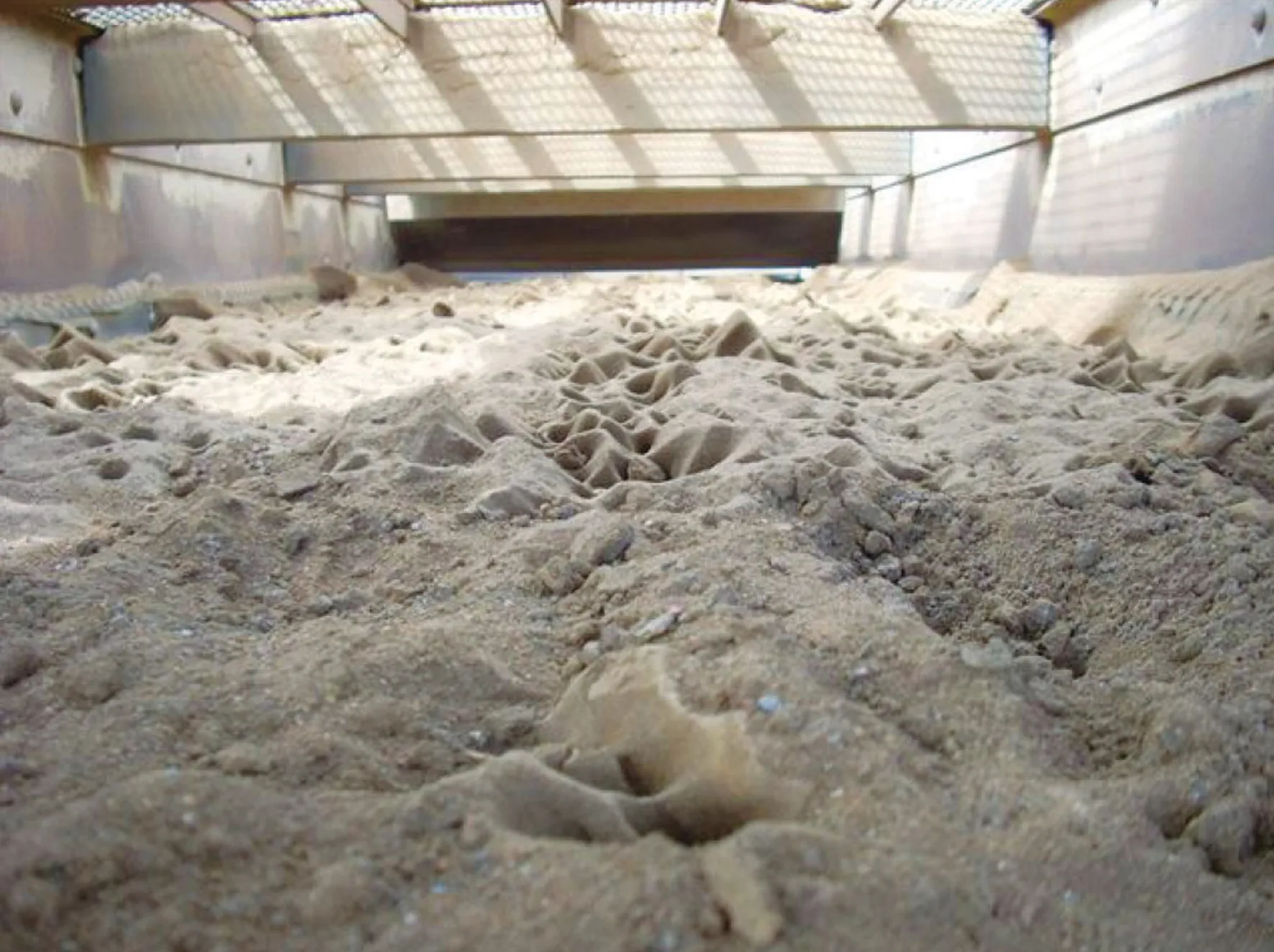The authorities in Indian capital Delhi are keen to cut pollution in the city. Delhi currently ranks as one of the worst in the world for air pollution, with vehicles, power generation and industry as three of the prime causes of the problem. The next step being made will be to restrict drivers from using their vehicles to alternate days, depending on whether the licence plate has an odd or even number. This approach has been used already in a number of cities such as Lagos and Beijing to cut congestion and
December 9, 2015
Read time: 2 mins
The authorities in Indian capital Delhi are keen to cut pollution in the city. Delhi currently ranks as one of the worst in the world for air pollution, with vehicles, power generation and industry as three of the prime causes of the problem. The next step being made will be to restrict drivers from using their vehicles to alternate days, depending on whether the licence plate has an odd or even number. This approach has been used already in a number of cities such as Lagos and Beijing to cut congestion and pollution levels.
The scheme in Delhi will have its detractors but is seen as essential to help reduce the city’s chronic pollution problem. The city’s coal-fired power station is also to be shut down in a bid to further address the issue. In addition to exhaust emissions and industry, the smoke from fires provides another key source of the air pollution. The city is now ranked as having the worst air quality of any in the world, having surpassed Beijing for this dubious honour. Mumbai and Hyderabad also suffer severe pollution but no measures have so far been announced for these cities.
In the future, vehicles being operated in Delhi will have to meet the Euro VI emissions legislation and this measure will be implemented from 2017. In past years diesel vehicles were required to run on gas in a bid to cut pollution. But even this measure has had an insufficient effect on improving air quality in recent times.
The scheme in Delhi will have its detractors but is seen as essential to help reduce the city’s chronic pollution problem. The city’s coal-fired power station is also to be shut down in a bid to further address the issue. In addition to exhaust emissions and industry, the smoke from fires provides another key source of the air pollution. The city is now ranked as having the worst air quality of any in the world, having surpassed Beijing for this dubious honour. Mumbai and Hyderabad also suffer severe pollution but no measures have so far been announced for these cities.
In the future, vehicles being operated in Delhi will have to meet the Euro VI emissions legislation and this measure will be implemented from 2017. In past years diesel vehicles were required to run on gas in a bid to cut pollution. But even this measure has had an insufficient effect on improving air quality in recent times.






